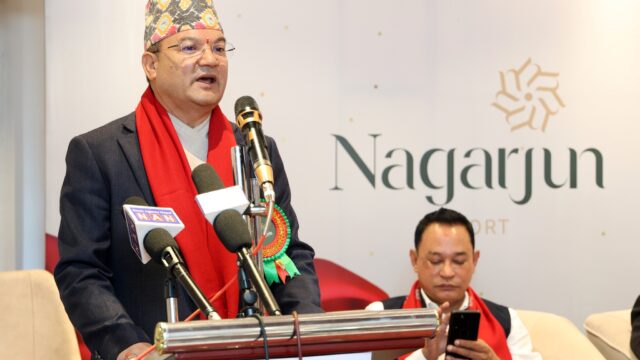The Government of Nepal is preparing to implement stricter regulations on the casino industry through a new Tourism Act. Culture, Tourism, and Civil Aviation Minister Badri Prasad Pandey recently registered the Tourism Bill in the National Assembly, citing that existing laws are outdated and inadequate for addressing the current state of operations. The bill identifies casinos as a key attraction for high-spending tourists and emphasizes the need for proper regulation.

According to the proposed law, casinos must obtain a government license, and operations without one will be prohibited. Applicants must first establish a company with a minimum paid-up capital, to be defined by regulation, and obtain pre-approval. The application must include a written agreement with a four-star or higher-rated hotel or resort, in which the hotel holds at least a 10% share in the casino.

However, licenses will not be granted if the proposed name conflicts with existing ones, if it lacks the required capital, is located in culturally sensitive areas, or is within five kilometers of an international border. Existing or pre-approved casinos before the law’s enforcement will be exempt from these restrictions. The bill also outlines operational rules, such as prohibiting license transfers, requiring updated player records, and mandating approval for major share transfers.

Additionally, licensed must meet infrastructure and security standards within two years and deposit tax deductions promptly. Failure to comply may result in immediate closure and legal action. Licenses must be renewed annually, and failure to apply on time will lead to automatic cancellation. Casinos within hotels that have lost their classification or failed to operate regularly will also not be eligible for renewal.






